UCI refute Tour de France mechanical doping allegations
Hungarian inventor hints at a 'big story' coming soon
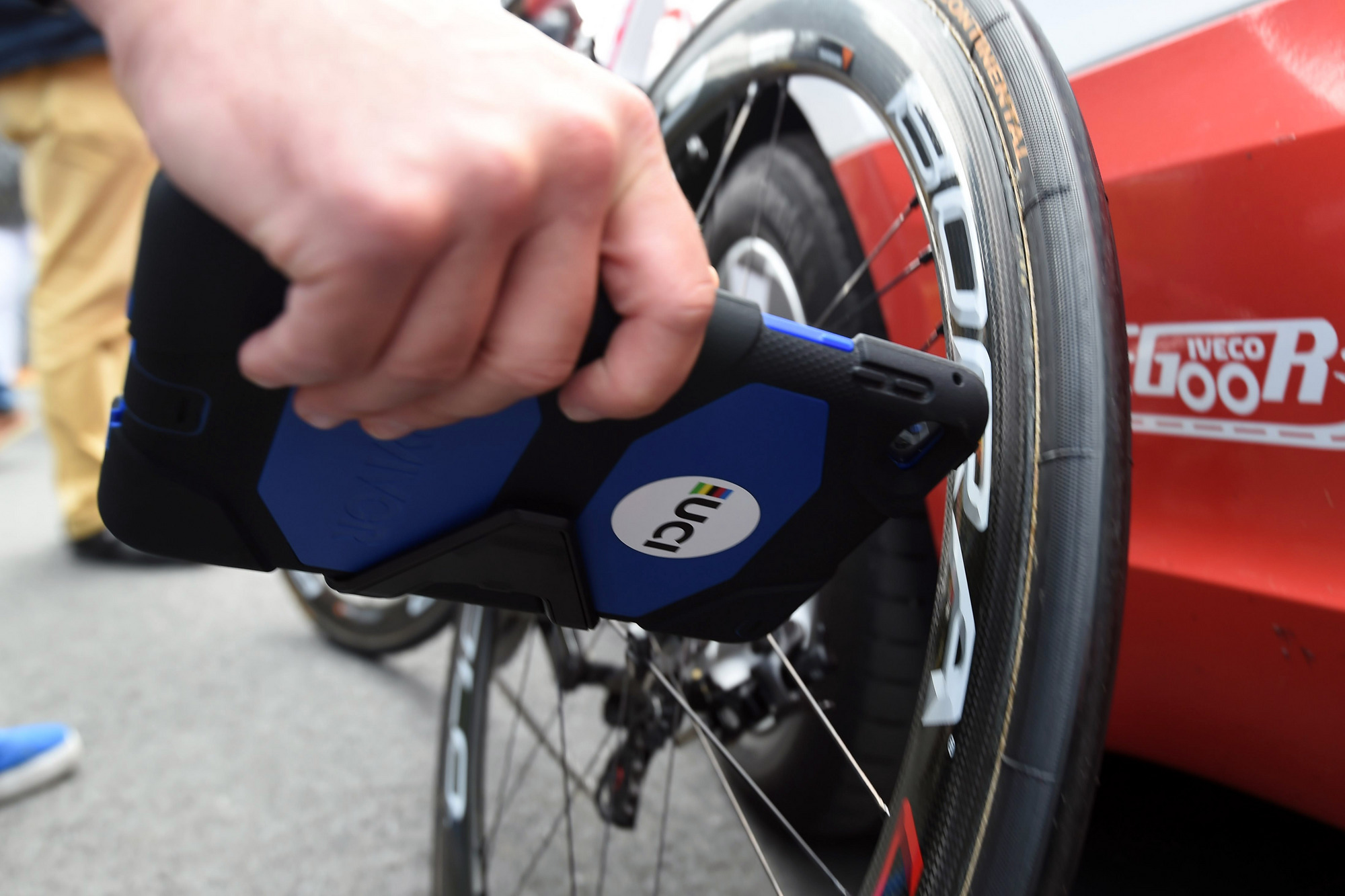
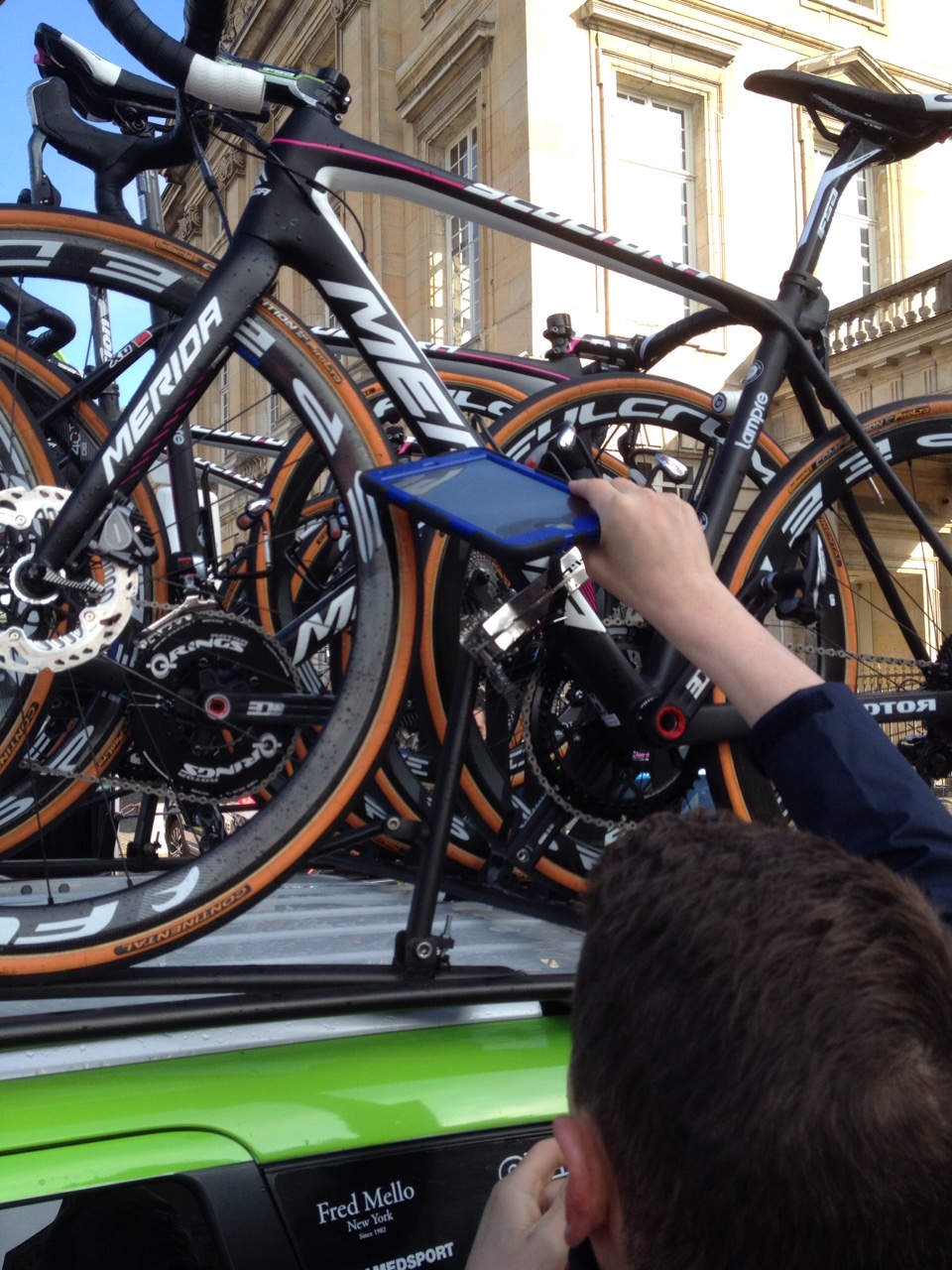
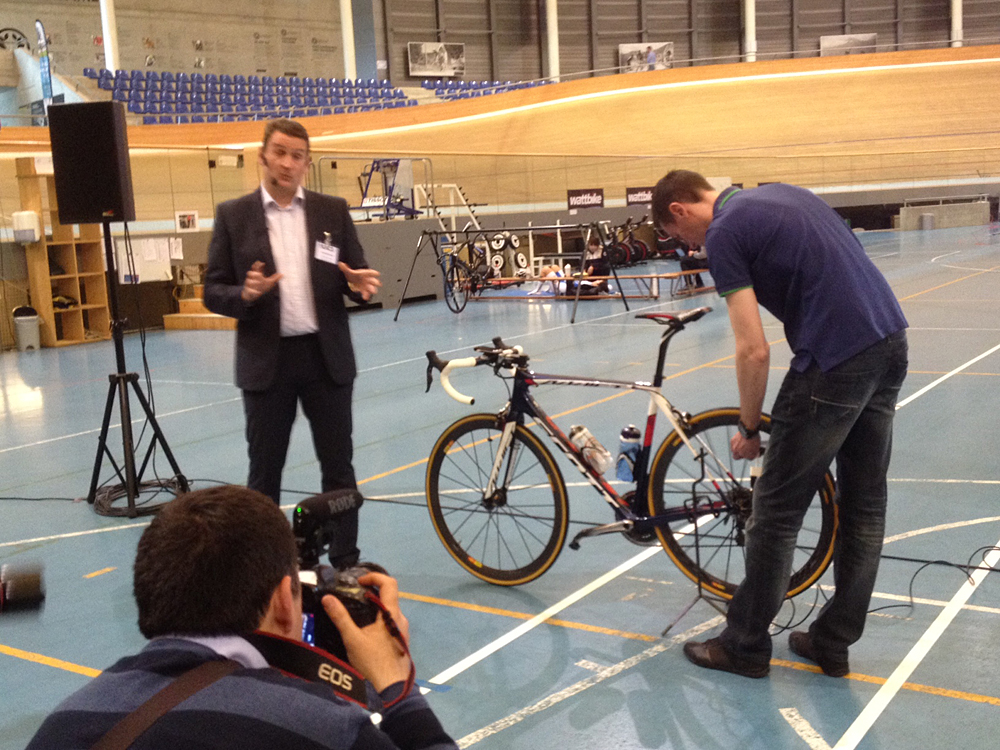
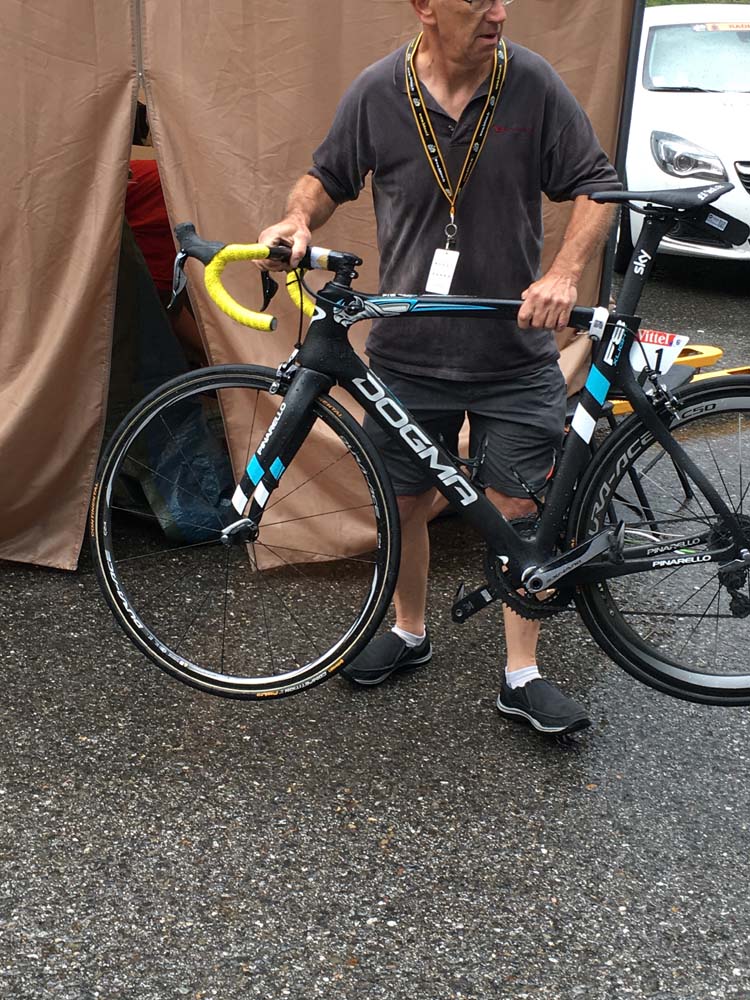

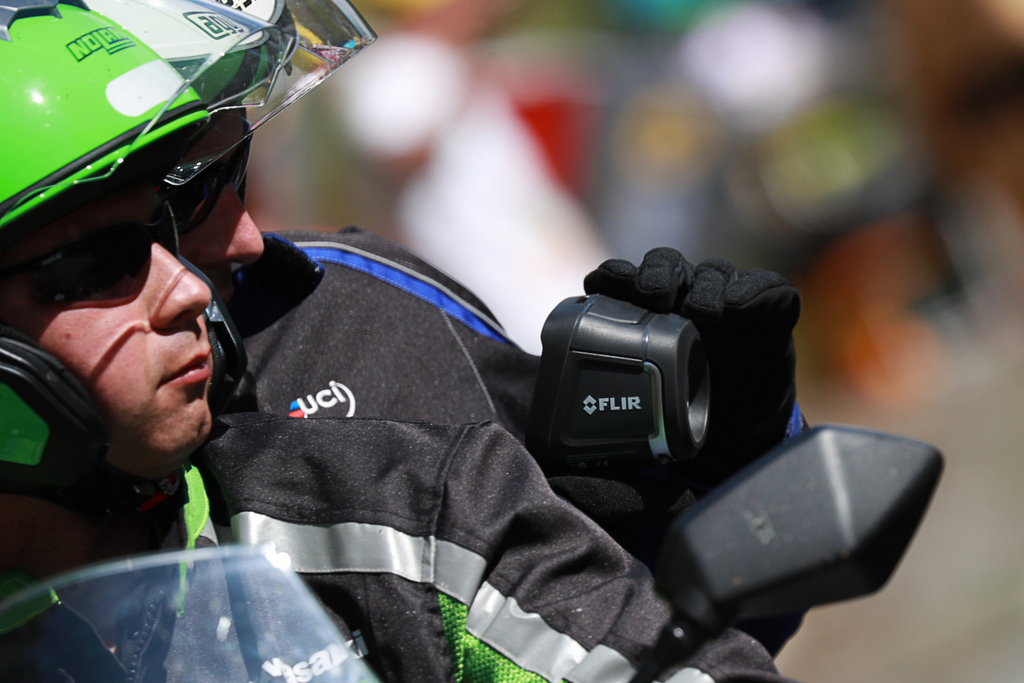
The UCI has refuted claims that it may have obstructed French police in their search for mechanical doping at this year's Tour de France.
Istvan Varjas, the Hungarian engineer believed to have invented the hidden motor technology used for mechanical doping, claimed during a radio interview that he explained how to find hidden motors to French police but that the UCI "refused to allow them to check the bikes".
"This is the scandal - not if they're being used or not used. If there is an organisation that is supposed to stop this problem, and they don't do it, I think they are complicit or something like this," Varjas added.
Kathy LeMond confirmed to Cyclingnews that Varjas spoke to French police, saying: "The gendarmes were not able to test the bikes themselves and were relying on the UCI to carry out the tests. The UCI refused to test the bikes in the manner Stefano recommended to uncover motor usage. Stefano believes the manner in which the UCI carried out the tests was insufficient to detect the motors."
The UCI dismissed the claims in a brief statement issued to Cyclingnews.
"The Union Cycliste Internationale (UCI) condemns the accusations being made in some news reports concerning the UCI's commitment to tackle technological fraud and the tests made at this year's Tour de France," the UCI statement read.
"The UCI carried out extensive bike checks using various detection methods in close collaboration with race organiser, French authorities and French law enforcement."
Get The Leadout Newsletter
The latest race content, interviews, features, reviews and expert buying guides, direct to your inbox!
French police carried out some checks with roadside thermal cameras during the Tour de France, while the UCI carried out numerous checks before and after stages of the Tour de France with the tablet device it believes can identify the magnetic fields created by hidden motors and magnets. The UCI initially dismissed the use of thermal cameras despite the technology being used to spot suspicions of mechanical doping in races by the Stade 2 television programme and Italian newspaper Corriere della Sera. It then began to use a basic thermal cameras in races.
Motors in use since 1999? A 'big story' coming soon
The Varjas interview with journalist Ger Gilroy of the Irish Off the Ball radio show has revived the fear that mechanical doping has long been a problem in the professional peloton. He confirmed that he sold one of the first prototypes of a motor at the end of 1998, under an agreement that he could not talk about or share the technology for 10 years.
It is suspected that hidden motors have been used in major races in recent years, with newer models hidden in hubs and magnetic-based systems hidden in rims. The UCI has introduced stricter rules against mechanical doping after discovering a rudimental motor hidden in a bike of Belgium's Femke Van den Driessche. She has since been banned for six years.
Varjas suggested high cadence and the calculation of a rider's power numbers can indicate the use of mechanical doping. He also hinted, as did Gilroy, that a detailed investigation in the USA will soon reveal further details of mechanical doping.
"You need to just do one thing if you are curious about who uses it. Use a heat camera or thermal gun, or you check with calculation of elevation and how fast you did it. You just take a physician expert and just take the replay of the stage, you see the elevation point and the time of each time the race passes that point, and you make a simple calculation.
"Very soon you will see a big story, I think," he said. "You will see. It's a documentary; it's not a tale. They get all the evidence and witnesses under oath. They made it under oath in America with some people.
"You will be seeing it very soon. After this comes out I can talk more, but they paid me for exclusivity for this report."

Stephen is one of the most experienced member of the Cyclingnews team, having reported on professional cycling since 1994. He has been Head of News at Cyclingnews since 2022, before which he held the position of European editor since 2012 and previously worked for Reuters, Shift Active Media, and CyclingWeekly, among other publications.